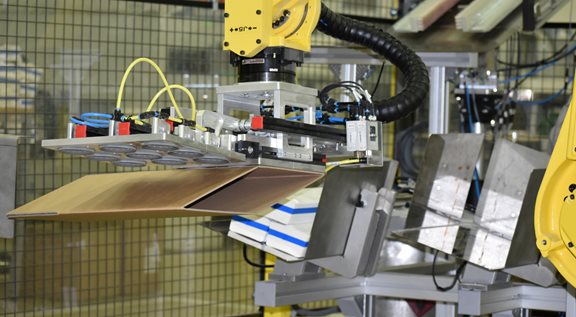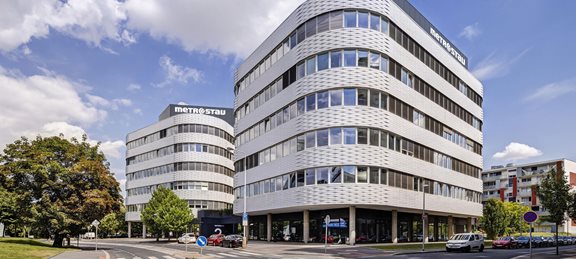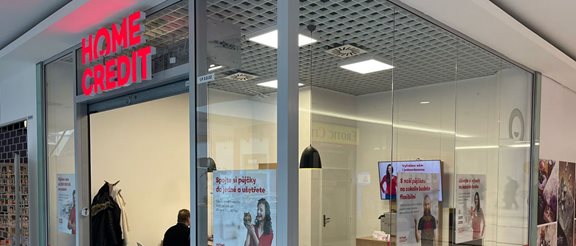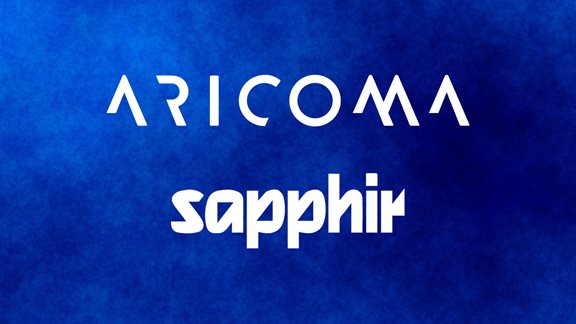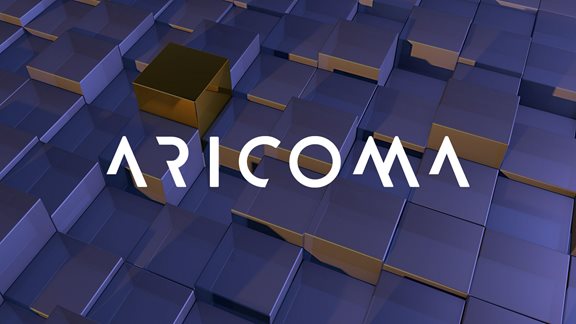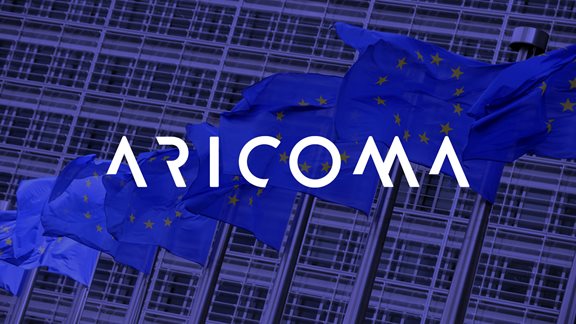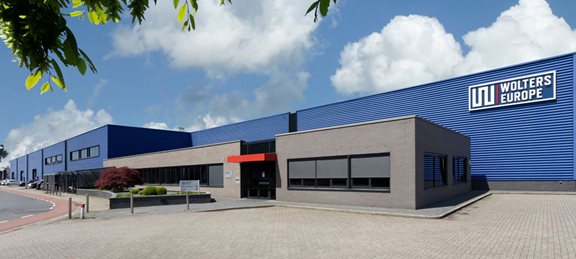Why consider a Document Management System (DMS)?
Document management in companies is more demanding than ever in the digital age. Digitizing documents, storing them securely, sharing them, and approving them requires a modern DMS system. What paper archives used to do is now done by document management software, which ensures clarity, compliance with legislation, and secure access from anywhere. However, choosing the right system for digitizing and managing company documents is not easy—every DMS tool has its advantages and limitations. We will be happy to help you find a solution that suits your company.
Trends and the future of DMS
There is also a significant increase in the emphasis on user-friendliness and the ability to work from anywhere – mobile access is no longer an add-on, but a standard. DMS systems must adapt to hybrid ways of working, offering a responsive interface and simple controls even for less technically savvy users.
At the same time, security and compliance requirements are increasing, especially in the context of the cloud and international regulation. Companies are increasingly demanding audit trails, role-based access control, and integration with identity management.
But what is changing the most are the expectations of customers themselves. Today, DMS is no longer just a system purchase—it is part of a broader digital transformation that aims to streamline the functioning of the entire organization. Clients demand flexibility, speed of deployment, openness to integration, and, above all, a partner who will help them find the right solution based on their real processes, not just software with a "checklist of features."

DO NOT HESITATE TO
CONTACT US
Are you interested in more information or an offer for your specific situation?
KEEP IN TOUCH
Subscribe to our newsletters so you don't miss anything important.

